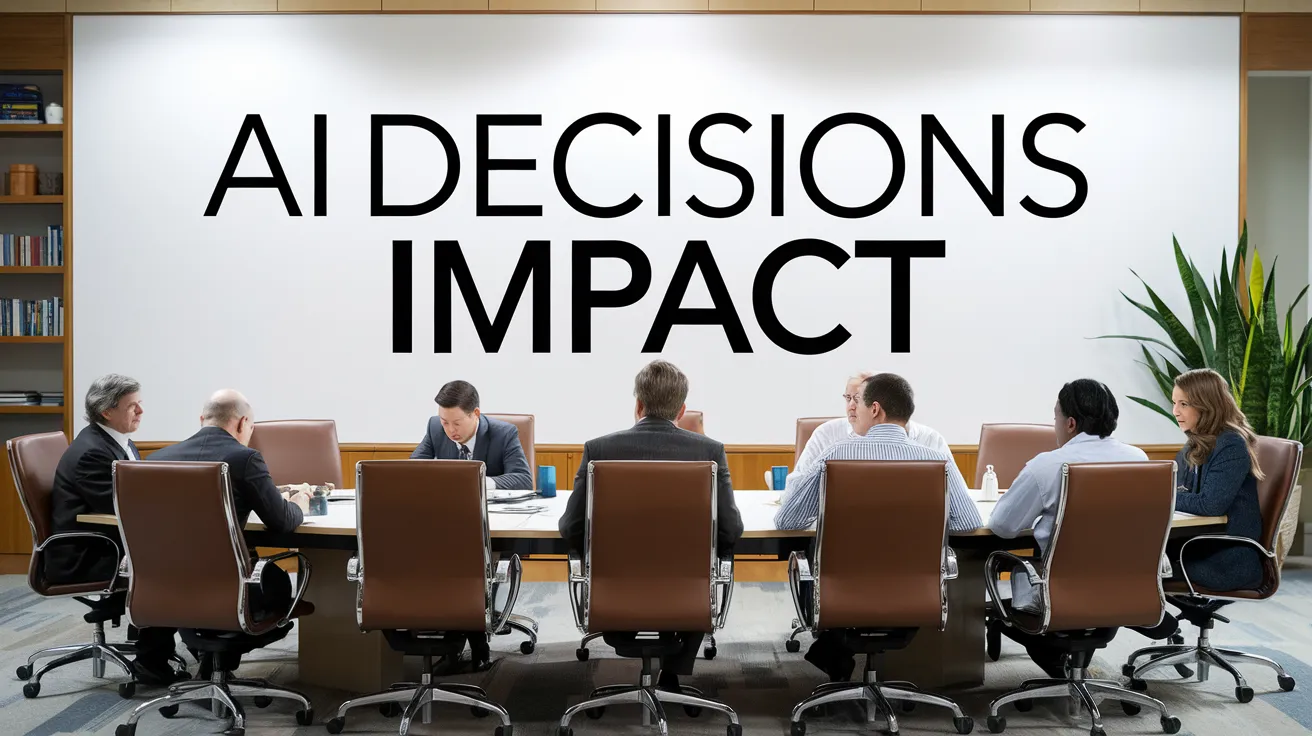Impact of AI Unfair Decisions on Society

Artificial intelligence (AI) is increasingly involved in making significant decisions affecting various aspects of daily life, from college admissions to job placements and medical treatment qualifications. While these systems aim for efficiency, the risk of unjust decisions — or the perception that decisions are unfair — is rising. For instance, automated processes in hiring can inadvertently favor certain demographics, leaving equally qualified candidates from underrepresented backgrounds overlooked.
The Impact of AI on Social Accountability
In government programs, bias in AI can lead to resources being allocated inequitably, exacerbating existing social injustices. An international research team examined how unfair distributions by AI or humans affect people’s willingness to confront unfairness in their social circles, presenting their findings in the journal Cognition. This backdrop illustrates a pressing need for AI systems to be managed carefully, as evidenced by initiatives like the White House’s AI Bill of Rights and the European Parliament’s AI Act, both of which aim to safeguard individuals from biased AI outcomes.
Understanding AI-Induced Indifference
Research indicates a troubling connection: individuals treated unfairly by AI systems tend to exhibit decreased readiness to address unethical behavior shown by others. This phenomenon, termed “AI-induced indifference,” suggests that unfair experiences with AI can dull one’s sense of moral responsibility towards human interactions. Essentially, when individuals encounter unfairness from AI, their capacity for “prosocial punishment” — actions taken to address injustice such as whistleblowing or boycotting — diminishes.
The Findings of the Research
During a series of experiments, participants unfairly treated by an AI showed less likelihood to sanction subsequent human wrongdoing compared to those experiencing unfairness from a human actor. This desensitization points to a potentially serious societal repercussion: as AI decision-making becomes more ingrained in everyday life, it may contribute to a reduced sensitivity toward human ethical breaches, undermining social norms and accountability.
Addressing the Ripple Effects of AI
The implications of these findings suggest that responses to injustices are influenced not only by the nature of the treatment but also by its source. Encountering unfair treatment from AI can weaken community ties and erode accountability in human interactions. Hence, it is vital for AI developers to prioritize eliminating biases inherent in AI training data. Enhanced standards for transparency surrounding AI decision-making will also aid users in recognizing and contesting unfair outcomes.
Conclusion and Call for Awareness
The acknowledgment of unfair treatment is crucial for detecting injustice and holding wrongdoers accountable. Therefore, it is imperative for policymakers and technology leaders to consider the wider social implications of AI to ensure it reinforces rather than undermines the ethical standards necessary for fostering a just society.
This article is republished from The Conversation under a Creative Commons license. Read the original piece for more insights.